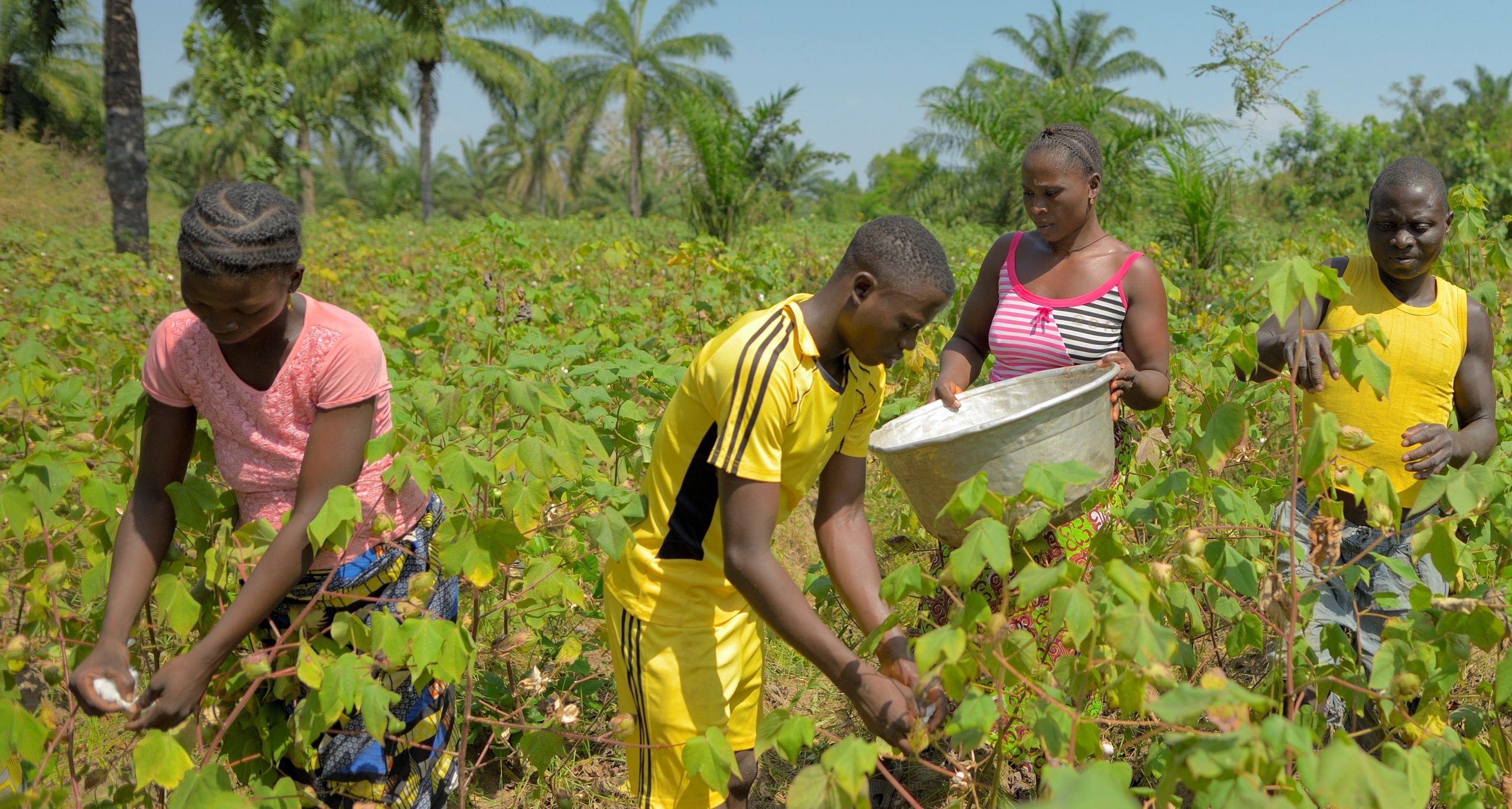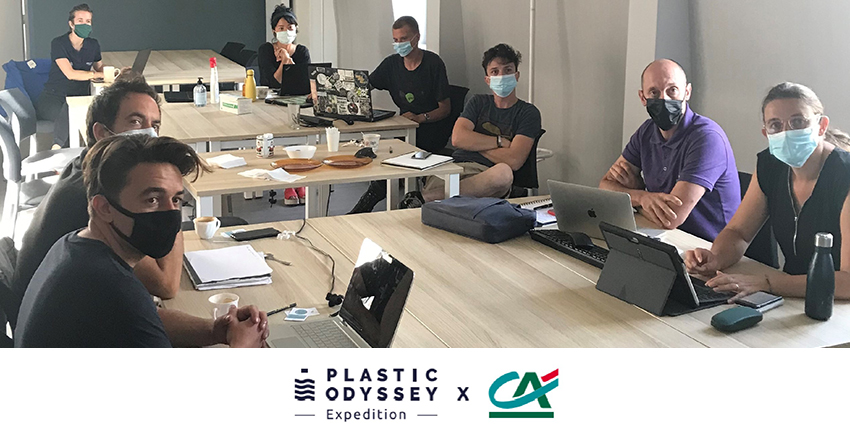The agricultural sector in Africa analyzed by the Foundation for Agriculture and Rural Affairs in the World (FARM)

© Didier Gentilhomme (Benin)
The Foundation for Agriculture and Rurality in the World (FARM) is a recognized public utility foundation, whose mission is to promote efficient agriculture and agrifood sectors that respect producers, consumers and the environment, particularly in countries of the South.
At the interface between action and research, FARM fuels debates between decision-makers and development actors through the publication of studies, the organization of events and its contribution to pilot projects.
The agricultural sector in Africa, and particularly in sub-Saharan Africa, has also been a central focus of the Grameen Crédit Agricole Foundation's work since 2008. We invite you to discover the latest articles published by Jean-Christophe Debar, consultant for FARM, on the financing of agricultural policies and the food dependency of the African continent.
The vast majority of governments in sub-Saharan Africa are struggling to meet the commitment made in Malabo in 2014: to devote at least 10 billion of their budgets to agriculture. The economic crisis and rising debt levels due to Covid-19 are making it even more difficult to support the agricultural sector, which is a major challenge in terms of food security, combating deforestation, and adapting to climate change.
Contrary to popular belief, sub-Saharan Africa's reliance on food imports is relatively modest: around 15 to 20 percent of consumption, depending on the country. However, Africa may need to rely more on global markets due to soaring demand driven by population growth, the negative impact of climate change on yields, and the need to combat deforestation.
A founding member of FARM, the Crédit Agricole Group is now increasing its financial support to enable it to expand its scope of study, broaden its scope of intervention, and strengthen its methods of action. The Grameen Crédit Agricole Foundation is also involved in this new FARM development plan by implementing resource synergies and joint forward-looking discussions starting in 2021.

